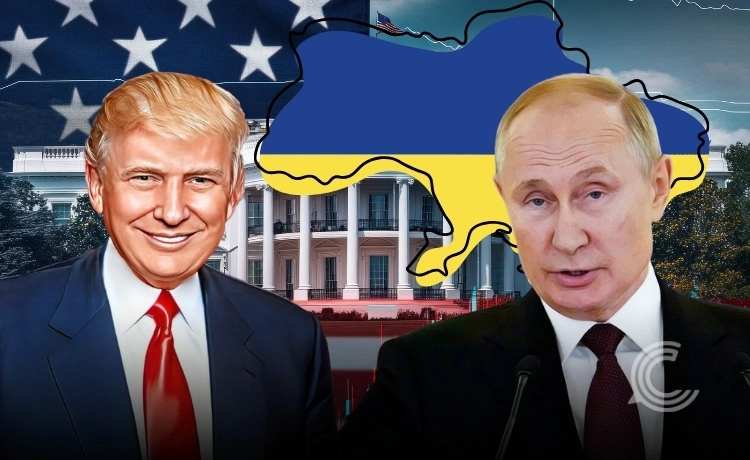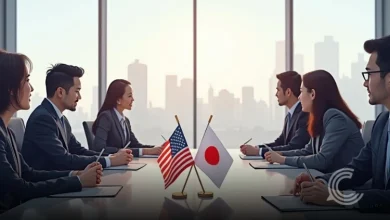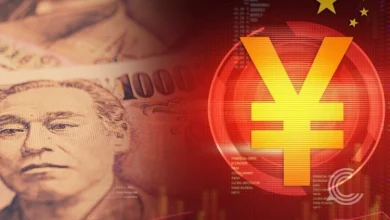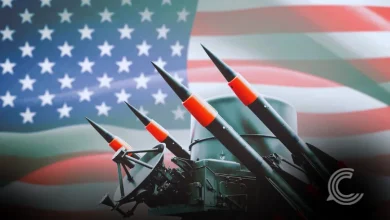Trump-Putin Summit Set as US Debates Tomahawk Missile Aid to Ukraine

Key Points:
- Hungary’s Foreign Minister confirmed that the country would ensure Russian President Vladimir Putin’s entry for a planned summit with US President Donald Trump in Budapest, circumventing an ICC arrest warrant.
- Prime Minister Viktor Orbán has positioned Hungary as the only “pro-peace country” in Europe, justifying its refusal to arm Ukraine and its continued close Hungary-Russia relations.
- The high-stakes meeting comes as US President Trump meets with Ukrainian President Volodymyr Zelenskyy, with the potential supply of Tomahawk cruise missiles to Kyiv topping the agenda.
Hungary has inserted itself at the center of global diplomacy, announcing that it will host a highly anticipated summit between US President Donald Trump and Russian President Vladimir Putin.
This shows Budapest’s unique and often contentious foreign policy stance within the European Union and NATO, particularly regarding the war in Ukraine. The chosen venue highlights the complex state of Hungary-Russia relations and poses significant international legal and diplomatic challenges.
Sidestepping the ICC Warrant
The primary controversy surrounds the presence of President Putin, who faces an International Criminal Court (ICC) arrest warrant for alleged war crimes. On Friday, Hungarian Foreign Minister Peter Szijjarto confirmed that the summit would proceed, stating that Budapest would guarantee the Russian leader’s entry and exit. The government intends to argue that the ICC warrant has no effect within the Hungarian capital.
This move follows Prime Minister Viktor Orbán’s announcement in April of his government’s intention to leave the ICC, a declaration made while welcoming Israeli Prime Minister Benjamin Netanyahu, who also faced an ICC warrant. Budapest’s assurance to Putin is a clear diplomatic signal challenging the jurisdiction of the global court and prioritizing the high-level meeting.
Orbán’s “Pro-Peace” Stance
US President Trump announced the Budapest meeting on Thursday, stating the goal is to discuss ending the war in Ukraine. Prime Minister Orbán, a known ally of Trump, quickly embraced the role of host, telling state radio that the summit “will be about peace” and could take place within the next two weeks. “Last night I gave orders to set up an organising committee, we have set out the most important tasks and preparations have started,” Orbán said, as reported by The Guardian.
The Hungarian leader further justified his country’s role, arguing that Budapest is “essentially the only place in Europe today where such a meeting could be held, primarily because Hungary is almost the only pro-peace country.” This framing is central to Hungary’s foreign policy, which has refused to supply Ukraine with weapons or allow their transit across its borders since Russia’s 2022 full-scale invasion.
Critics, however, argue that this stance undermines EU and NATO unity against Russian aggression. Hungary has also been an obstacle to major EU funding packages for Kyiv and has threatened to veto sanctions against Moscow.
A High-Stakes Week for Kyiv
The announcement of the Budapest summit occurs just hours before Ukrainian President Volodymyr Zelenskyy is scheduled to meet with President Trump at the White House. This dynamic places President Zelenskyy in a precarious diplomatic position, seeking continued, robust US support while his counterpart negotiates with the Russian aggressor.
A key point of discussion during the White House visit is the potential supply of US Tomahawk cruise missiles to Ukraine. Trump has repeatedly hinted at delivering the long-range weapons, which would be Ukraine’s longest-range system yet, capable of striking deep inside Russian territory, including Moscow. President Zelenskyy stated on social media that he has already met with the US firm that manufactures the Tomahawk and Patriot systems, expressing a desire to strengthen Ukraine’s “long-range capabilities,” as reported by The Guardian.
The possibility of the Tomahawk delivery is seen by some as a lever President Trump is using to pressure President Putin into substantive peace negotiations. However, the Kremlin has consistently warned that such a transfer would mark a significant and dangerous escalation of the conflict. The developments of this high-profile diplomatic week will undoubtedly set the tone for future efforts to resolve the devastating war in Ukraine.



